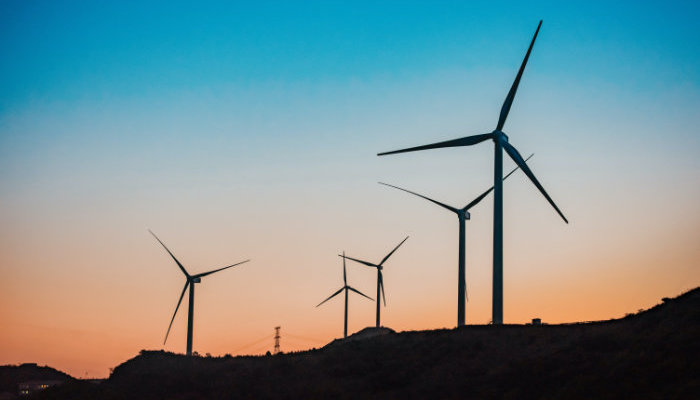The UK, EU, the US, Australia, Israel, Japan, and others have enacted various degrees of travel bans for fear that the Omicron will prove to be a dangerous variant. It will take weeks to know its properties for sure. The CDC says they have not detected any cases of Omicron in the US yet. Here’s a useful Omicron tracker from the BNO News Desk that shows where cases have been detected.
I understand why countries are reacting to Omicron with travel bans, but if travel bans aren’t ubiquitous, they can’t possibly be effective. If Omicron turns out to be as transmissible or more transmissible than Delta or even the wild-type virus, it will hit the US and the whole world quite quickly. Here’s a visual demonstration of what I mean:
countries with confirmed omicron cases
vs. countries banned from travel
v.4 pic.twitter.com/hHzJ5twK4g— Trevor Branch (@TrevorABranch) November 29, 2021
Yet another atmospheric river is set to hit Canada and the Pacific Northwest. More flooding is certain:
https://twitter.com/PeterGleick/status/1464739798258647040?s=20
Meanwhile water scarcity is causing violent protests in Iran:
https://twitter.com/PeterGleick/status/1464738366902063107?s=20
Ammonia prices are spiking again. This makes fertilizer more expensive, sometimes prohibitively so, and that will decrease crop yields. Decreased food supply means more scarce and more expensive food:
A reminder: pic.twitter.com/b8A19cn70F
— Otavio (Tavi) Costa (@TaviCosta) November 29, 2021
In good news, wind power is now the largest contributor to Turkey’s energy sector—producing over 22 percent of electricity for the country.
The world has over 262.3 million COVID cases. The world has gained 4 million cases in the last week. There have been over 5.2 million deaths in total. The US has had a cumulative 49.2 million cases. The US gained about 500,000 cases in the last seven days. Over 800,000 Americans have died during the pandemic—over 5,400 in the last week. Deaths may be undercounted because of the Thanksgiving holiday. The US gained over 46,000 new cases on Sunday, and over 50,000 by late afternoon Monday. The US, Germany, UK, and Russia have had the largest case gains over the last week.
Molnupiravir is turning out not to be as effective as first hoped. Decreasing the severity of symptoms by almost a third is nothing to sneeze at, though, and there are other antiviral options out there as well. Yes, that sneeze pun was intentional…
Disappointing from Merck. Updated data for efficacy of their Molnupiravir pill in full trial drops down to 30% from 50%, absolute reduction to 3 from 7 per 100 at interim analysis https://t.co/PyfIBnFNC7 pic.twitter.com/SBDL92aG5M
— Eric Topol (@EricTopol) November 26, 2021
Some preliminary data out of Israel show that vaccinated folks fare better with Omicron than those who are unvaccinated. It looks hopeful that Omicron is not a severe escape variant–again, take this news with a grain of salt until we know more.
States are fighting back against COVID vaccine mandates for health care workers, and some are winning the fight. I understand the states’ rights argument, but I view these mandates a little like I view conscription–sometimes necessary in times of war (in this case proverbial, though American losses nearing one million are not proverbial at all):
https://twitter.com/Breaking911/status/1465404077031010310?s=20


You are reporting the comment """ by on